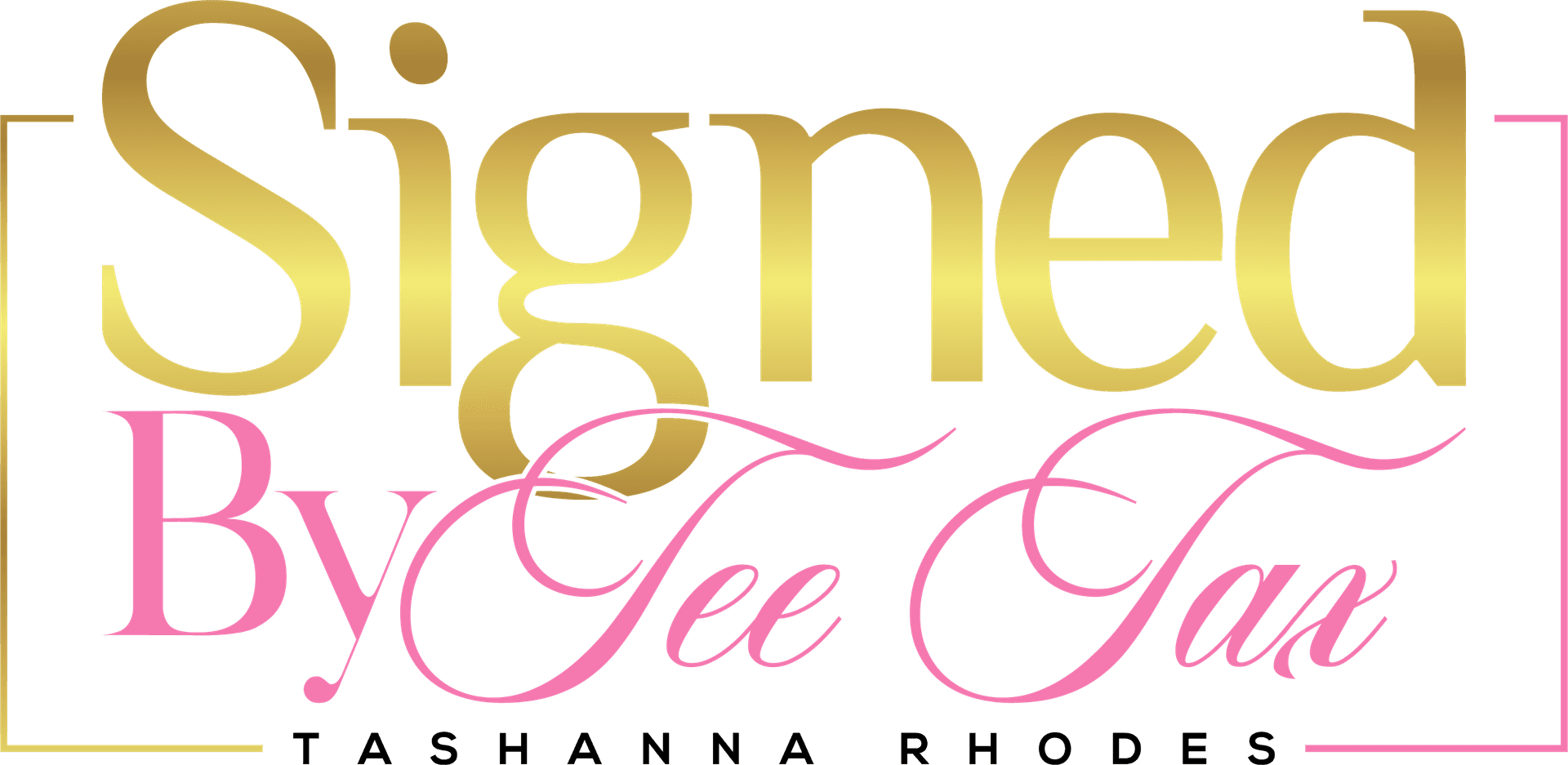Debunking Tax Myths: What You Really Need to Know
Debunking Tax Myths: What You Really Need to Know
Taxes are a topic that often comes with a lot of confusion and misinformation. Whether you’re filing as an individual or managing taxes for a business, understanding the truth about taxes is crucial to making informed decisions. In this article, we’ll tackle some of the most pervasive tax myths, providing clarity and actionable insights to help you navigate the complexities of the tax system.
Myth 1: "Tax Refunds Are Free Money"
A common misconception is that tax refunds are a form of financial bonus or free money from the government. However, a tax refund simply means that you overpaid your taxes throughout the year. While it might feel rewarding to receive a lump sum, it’s essential to understand that this is your own money being returned to you.
The Truth About Refunds
Receiving a tax refund indicates that you’ve been withholding more from your paycheck than necessary. Adjusting your withholding to better match your tax liability can help you retain more of your earnings throughout the year, allowing you to invest or save the money instead of waiting for a refund.
Myth 2: "Filing Taxes Is Only Necessary If You Owe Money"
Some believe that filing taxes is unnecessary if they don’t owe money to the government. This is not accurate, as filing taxes is a legal obligation for most individuals who earn income above a certain threshold.
Why Filing Is Essential
Even if you don’t owe taxes, filing your tax return is necessary to claim potential tax credits or refunds. For example, individuals who qualify for the Earned Income Tax Credit (EITC) must file a return to receive this benefit.
Myth 3: "All Tax Professionals Are the Same"
Another widespread myth is that all tax preparers and professionals provide the same level of service and expertise. The truth is that tax professionals vary widely in their qualifications, experience, and areas of specialization.
Choosing the Right Tax Professional
When selecting a tax professional, consider their credentials, such as whether they are a Certified Public Accountant (CPA) or an Enrolled Agent (EA). Additionally, ensure that they have experience handling taxes relevant to your specific situation, such as small business taxes or international income.
Myth 4: "Audits Are Common and Always Result in Penalties"
The idea of a tax audit can be intimidating, leading many to believe that audits are frequent and inevitably lead to penalties. However, the reality is that audits are relatively rare, and many are resolved without significant issues.
Understanding Audits
Audits are conducted to ensure compliance with tax laws and may focus on specific aspects of a tax return. Keeping accurate records and working with a knowledgeable tax professional can help you navigate an audit smoothly if one occurs.
Myth 5: "You Can Deduct All Business Expenses"
While it’s true that business expenses are deductible, not all expenses qualify. The IRS has strict guidelines on what constitutes a deductible business expense.
Clarifying Business Deductions
To be deductible, a business expense must be both ordinary and necessary. It’s important to maintain detailed records and consult with a tax professional to ensure compliance and maximize your deductions.
Myth 6: "Filing Taxes Late Is Better Than Not Filing at All"
While it’s always better to file your taxes, filing late can result in penalties and interest on unpaid taxes. Ignoring your tax obligations entirely can lead to more severe consequences.
Addressing Late Filings
If you’re unable to file your taxes on time, consider requesting an extension. This provides additional time to file, although any taxes owed must still be paid by the original deadline to avoid penalties.
Conclusion
Understanding the realities behind common tax myths can empower you to make informed decisions and avoid costly mistakes. Whether it’s recognizing the true nature of tax refunds or understanding the importance of accurate record-keeping, staying informed is key to managing your taxes effectively. For personalized assistance and expert advice, consider consulting with a reputable tax professional who can guide you through the complexities of the tax system.
